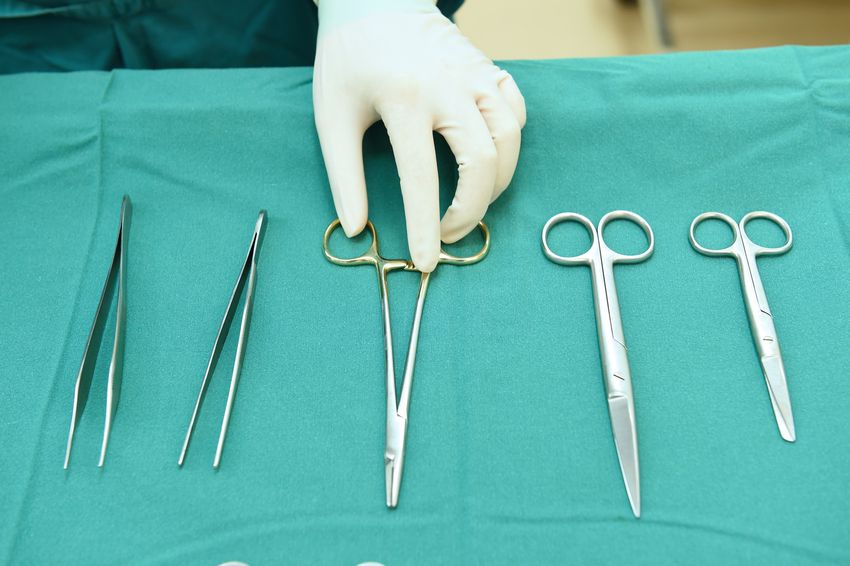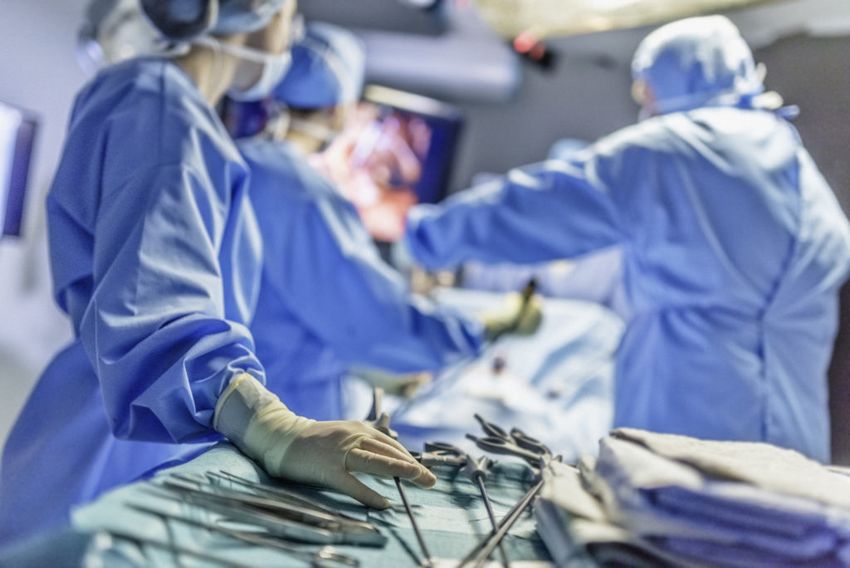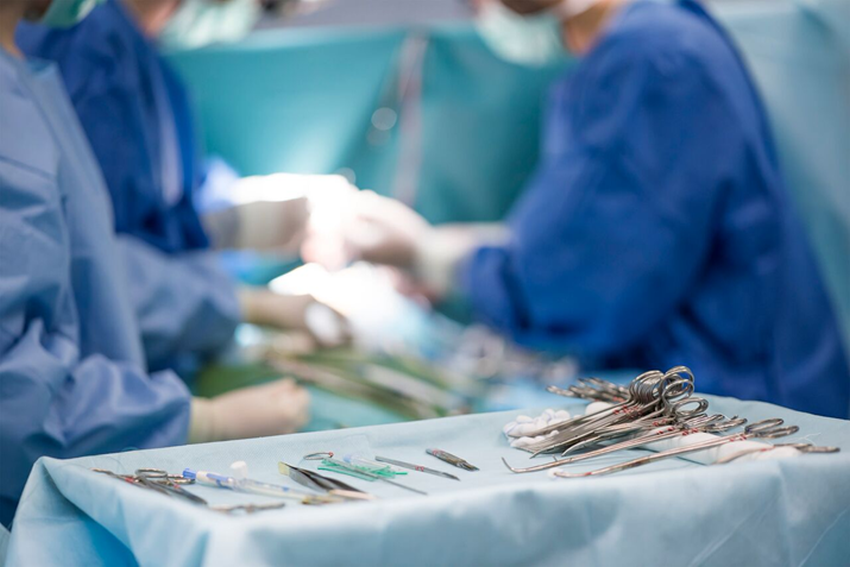If you’ve recently scheduled a surgical procedure, you’re probably in the process of planning for your recovery. Ideally, you want to heal as quickly as possible without compromising your results, but this isn’t always easy for all patients.
Helpful Tips for Your Surgical Recovery Process

source:infusio.org
Below are a few tips that can accelerate and enhance your recovery process.
- Carefully Follow Your Surgeon’s Post-Op Instructions
While this may seem like an obvious tip, not a lot of patients follow their surgeon’s aftercare instructions as closely as they should. Your surgeon provides you with specific instructions for a reason. It’s important that you follow all of your surgeon’s instructions, not just the few that you feel apply to you.
- Stick to Your Follow-Up Appointments
When you start feeling good and your wound is healing well, it can be tempting to skip your follow-up appointments but this is not recommended. According to Form & Face, a large percentage of patients can avoid complications by sticking to their follow-up appointments. Why risk the results of your surgery when you’ve come this far.
- Keep Infections at Bay
Prevent infection by washing your hands before you go anywhere near your surgical incisions. This is one of the easiest and most important things you can do when you’re recovering from a surgical procedure.
- Keep an Eye on Your Incision
Checking your incision several times a day will ensure you can pick up on any complications early on. What color is the incision and is there any wound drainage? Are the sutures still intact? Paying attention to these aspects will keep your healing on track.
- Give Your Body the Fuel It Needs
Your body needs food and water to heal quickly and efficiently and while your appetite won’t necessarily be great after surgery, it’s still important to eat regularly and stay hydrated.

source:infusio.org
- Watch Out for Coughs and Sneezes
If you have an abdominal incision, you need to be extra careful when coughing and sneezing. Apply some slight pressure to your incision before you cough, sneeze or go to the bathroom to ensure your sutures stay intact.
- Know When to Urgently See a Doctor
If at any point during your recovery you start experiences abnormal side effects, such as breathing difficulties or severe vomiting, it’s important to go to an ER as soon as you can if you can’t reach your surgeon.
- Manage Your Pain
Not everyone is a fan of pain medication but it’s very important to manage your pain after surgery to prevent serious complications such as pneumonia. When your pain is tolerable, it’s also easier to move around, which will help accelerate your recovery.
- Don’t Be Afraid to Get Moving
It’s really important to walk after your surgery if you want to speed up your healing and prevent side effects such as deep vein thrombosis. It can even help with constipation, which is a common side effect of the anesthesia. Your surgeon will tell you when you can start exercising normally again.
By following the right instructions and getting enough rest, you’re one step closer to a smooth and speedy recovery after surgery.

source:infusio.org





